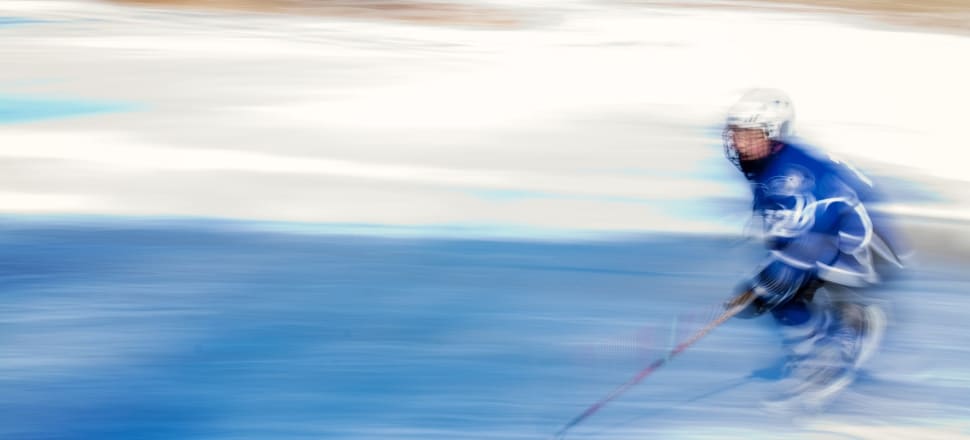
A focus on getting youth interested in ice hockey has seen national membership skyrocket in recent years. Emma Hatton reports on the not-so-typical extra curricular activity that’s catching kids’ attention
The number of people registered with the New Zealand Ice Hockey Federation is up nearly 50 percent in the last five years, with hopes a surge in youth interest could help the sport's long-term aspirations in Aotearoa.
Auckland Ice Hockey Association general manager A.J. Spiller said that was definitely down to a recent focus on encouraging youth to give the sport a go.
“It's been a combined effort from all the regions and that's what we've put in place as a priority, is we want to get more players, but we want to have more younger players joining the sport.
"I mean, I'm biased. I love ice hockey it’s the best sport in the world so I think more kids should play it and that is where the growth is really come from and they seem to be really enjoying it.”
READ MORE *Skating buddies’ careers stay inline - and on ice *No more screen time for Auckland school rugby stars
In 2018 membership statistics showed a pretty even spilt between the number of under- and over-,21s but now the under-21s make up more than half of total members.
In the last five years, under-21 membership numbers have risen 55 percent, while over-21s are up 34 percent.
Spiller said the aim was fairly simple - to create an environment that was welcoming and encouraging.
“We know all the kids' names, that it seems like a little thing, but I don't know if you went to every sport if everybody would know everybody's names...as it grows, that might be a little bit more of a challenge for us but right now we're still doing those things, little things like that.
“Again, I'm biased, but I think we probably have one of the best youth sporting experiences in New Zealand... I think what we do is really, really good. Because it's filled with what kids want from their sporting experience not based on what adults think the sporting experience should be.”
It would be fair to say New Zealand’s short-term goals for the sport aren’t internationally focused. For example, Spiller said putting a team through for the Winter Olympics would be a “pretty lofty goal”.
“I think you have to be a little bit realistic - we obviously want to get better and we want to improve - but to compete against someone like Canada or the US or Sweden, or Finland is probably not what our expectations would be in the future.
“The main thing is just growing player numbers really. I think that's what we would define as success is just having more people playing the game.”
Removing barriers to the ice
In saying that, he admits the bigger the pool of people, the more likely it will be for individuals and teams to pursue the sport in a professional way.
“We're really proud of the programmes that we have in place, and the more kids that we bring through, we think the more that will stay with the sport and the longer they stay with the sport, the younger that they get into it, our national teams are probably going to benefit from that in the long run.
“And it might not be tomorrow, or the next day...but we kind of have that long term look at it, more so than how do we get better next year.”
He said barriers such as access to gear have been removed for youth wanting to play, with applications for grant funding almost exclusively to buy gear and ice time.
“If you're a new kid coming to learn to play, we have all the gear there for you, you don't have to buy any of it because that's a big barrier to entry... so they can use our equipment, and they can use it until they decide if it's for them.”
A fairly South Island-heavy sport, as you might expect due to the cooler climate, ice hockey associations operate in Auckland, Wellington and Christchurch with the Southern League comprising clubs in Alexandra, Dunedin, Gore, Tekapo and Queenstown.
Regions tend to operate their own leagues, but often collaborate for inter-regional games, trainings and tournaments.
The Ice Blacks are the national men’s team and the Ice Fernz are the national women’s team.







